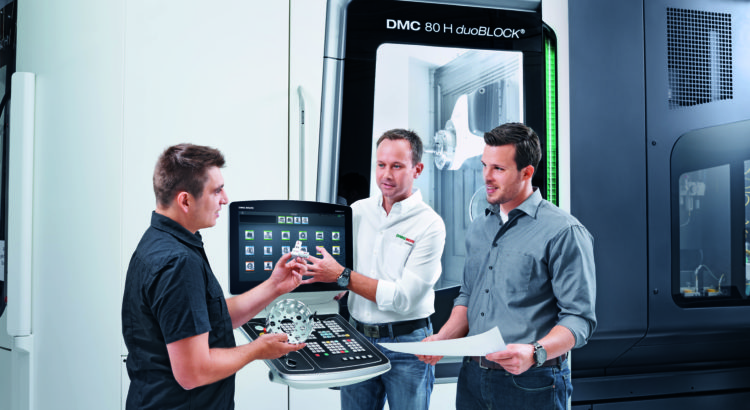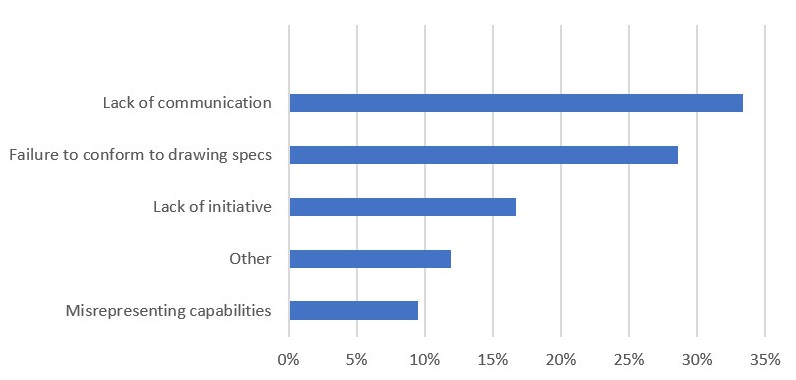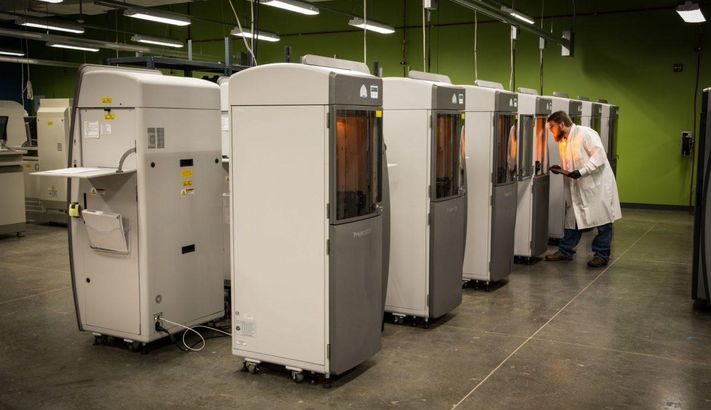For 7-12 grade students
Want to make this summer vacation useful for your child? We have planned something exciting to help you with that.
Well, it’s the Creative Engineering Camp. You must be wondering how Engineering Camp will be helpful for kids? It might sound absurd that 7-12 years old children will learn engineering concepts, but trust us, it will be an excellent learning experience for your kid. CADD Centre is organizing this summer camp, and we ensure you, your child will fall in love with engineering after this. See what this camp has in stores for your child.
Engineering and Children
The camp will eliminate the significant misconceptions that children have about engineering and will let know how much exciting engineering is.
- Engineering is both scientific and creative application.
- Gives you the vision to see things from a new perspective.
Summer Camp Topics
The major topics that will be covered under this camp are:
· Plan CAD Next
Using AutoCAD, your child will learn to create innovative and impressive 3D drawings with a click of a mouse.
· Max 4 Animation
This exciting topic will teach the basics of animation, modeling, environment and more. Children will get hands-on training on 3DS Max.
· Max 4 Visualization
This topic will train students about textures, light, and materials required to make a wonderful product.
· Creative Modeler
This topic will help children to develop an understanding of the idea of modeling, geometries, and drawings that will enhance their designing skills.
· Creative Designer
This topic will help children to understand the process of designing using the SketchUp tool.
· 3D Printing
This topic will provide children necessary training, materials, and platform to develop a simple product.
· Jr. Designer
In this topic children will learn fun things like product modeling, real-time presentation, quick design, and animation, all under a single program.
· Jr. Professional
This is a professional certification course which aims at providing a comprehensive knowledge about designing processes and skills on the single program.
What do Parents you need to do?
Select a camp topic/course that you think is best suitable for your child and register him/her under it. At the end of the camp, the child will have to take an online exam, after that he/she will be awarded a certificate from CADD Centre, once the child clears the exam.
So, to all the parents out there, don’t wait. Register soon. Enrollments start from 1st March 19, give your child a place to explore new things.






